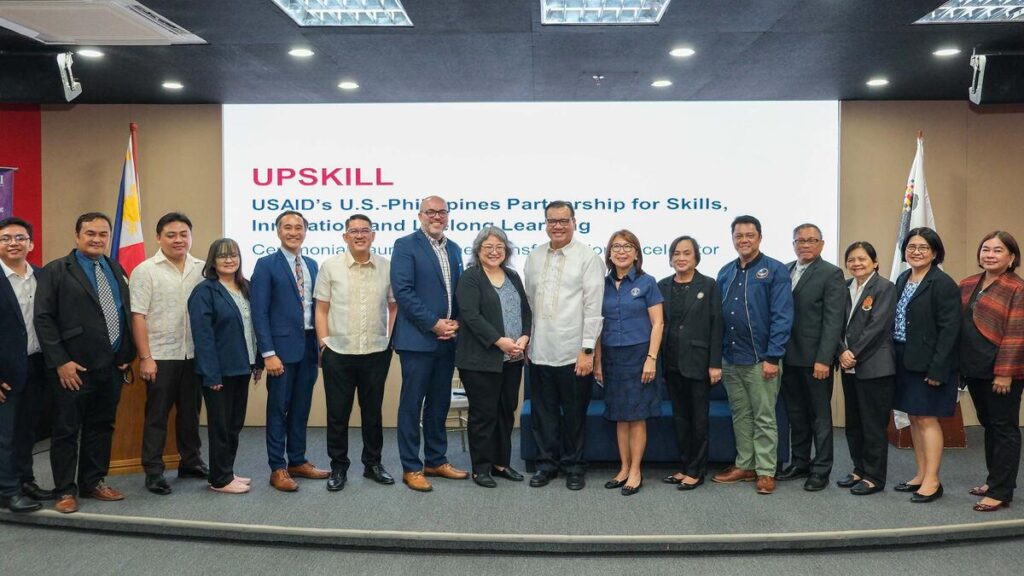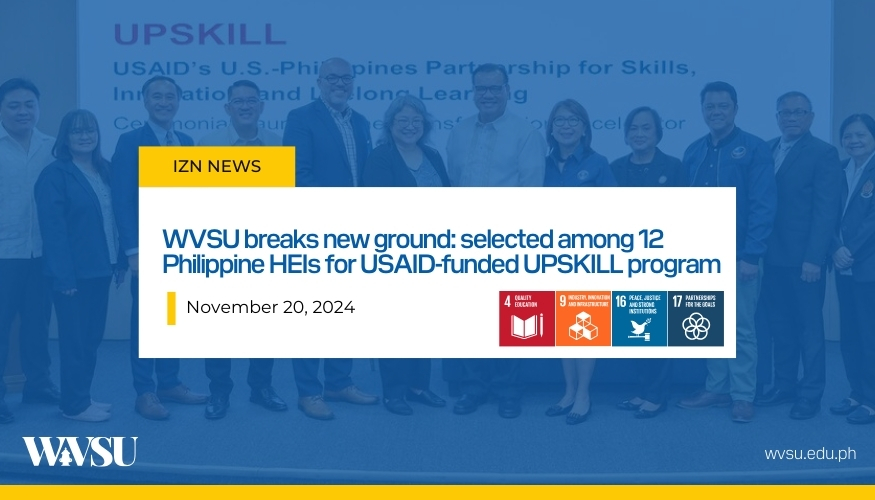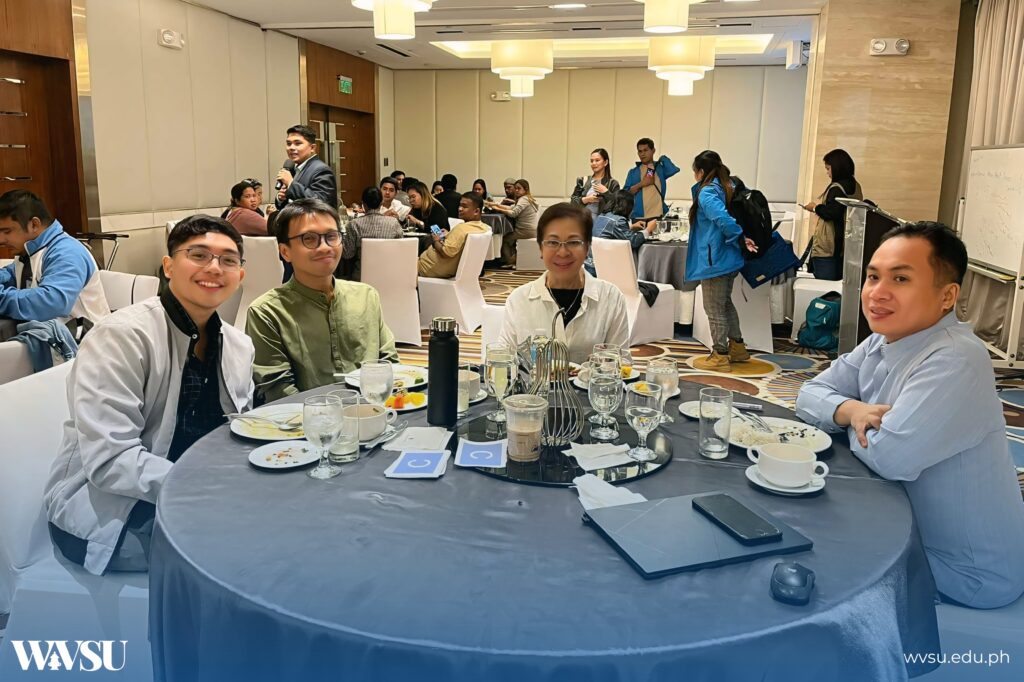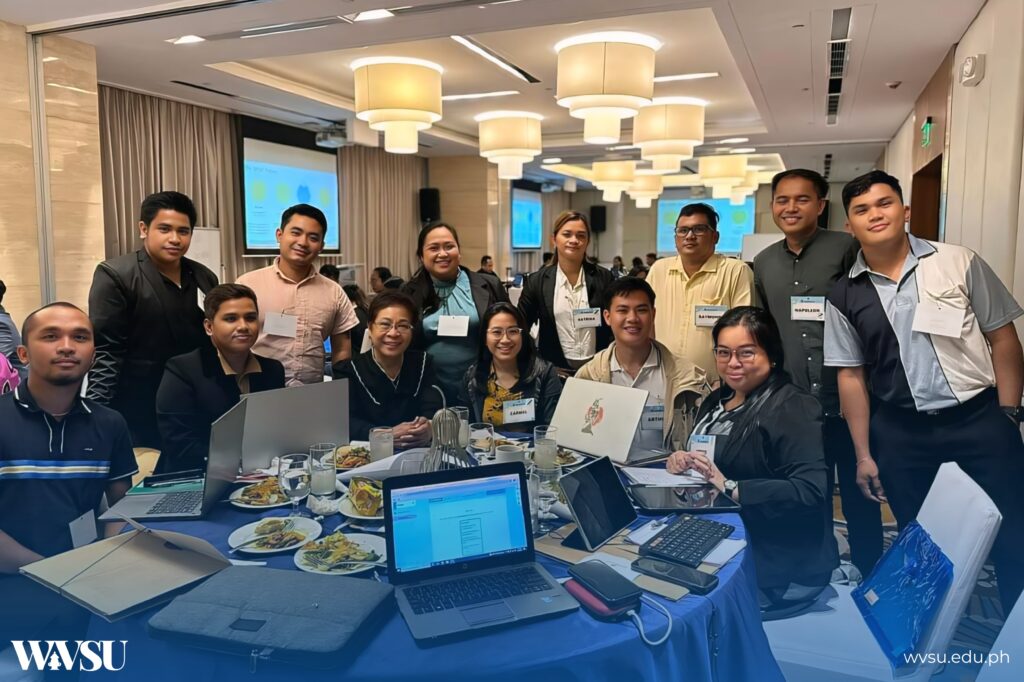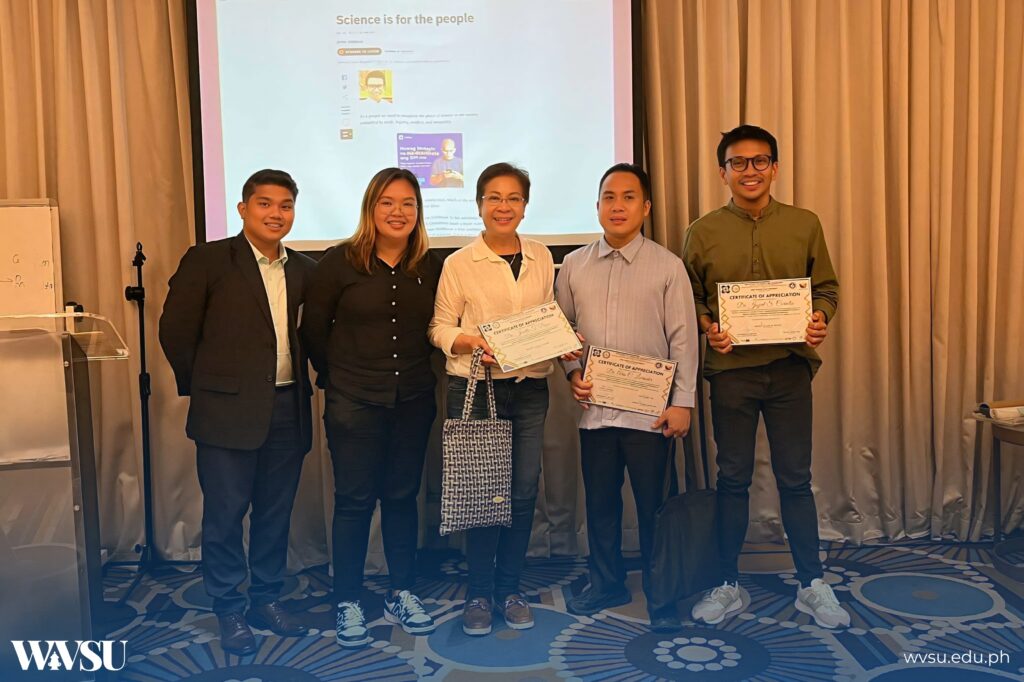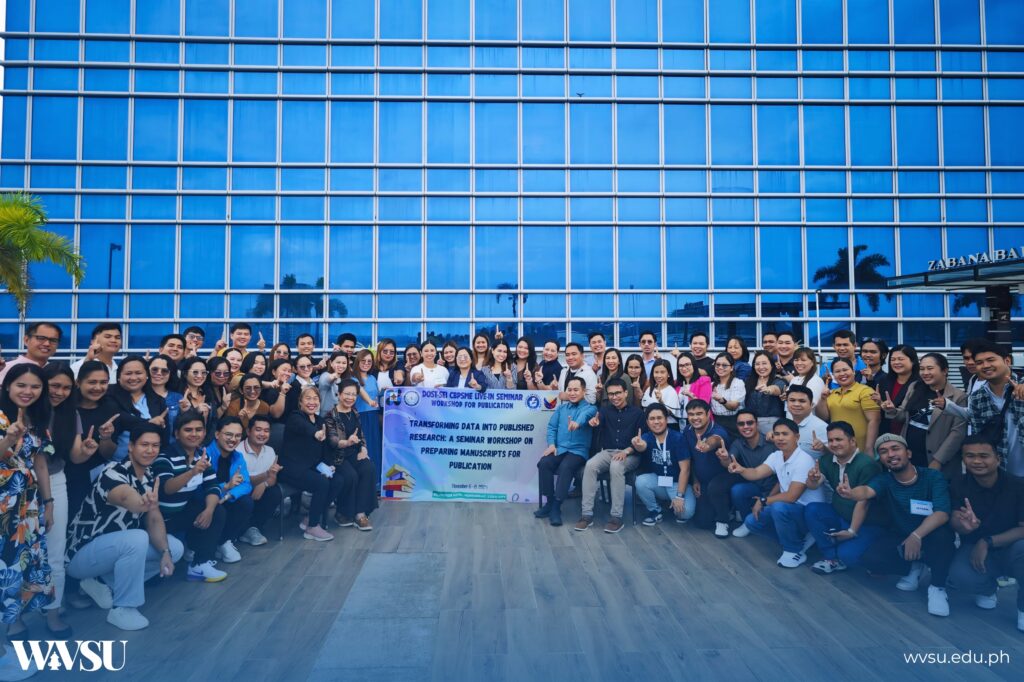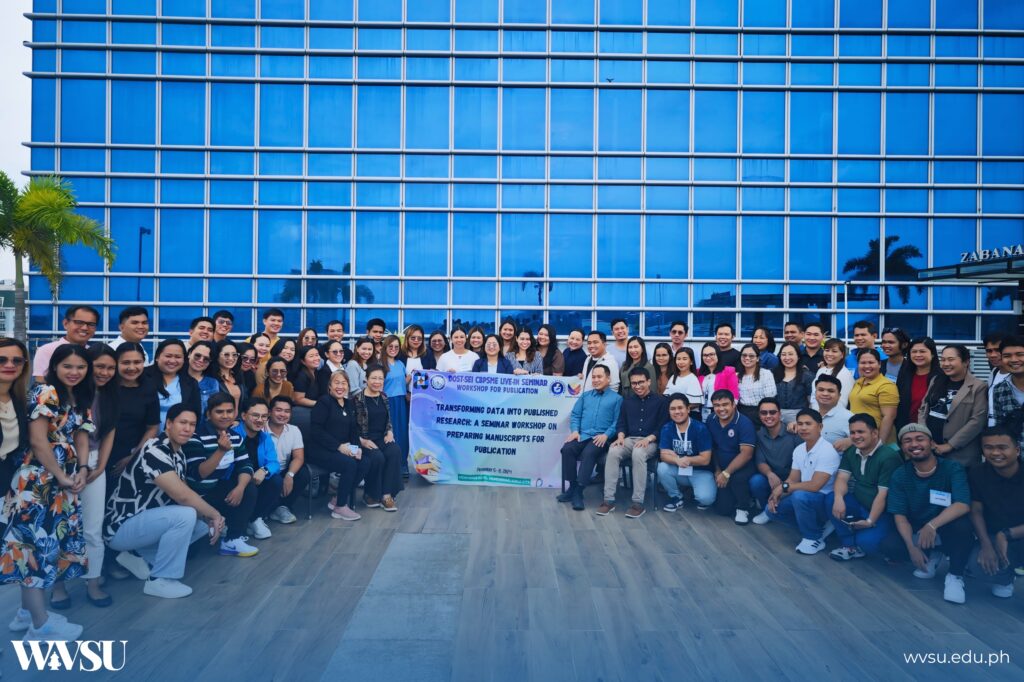In a landmark achievement for Philippine higher education, West Visayas State University (WVSU) has been named one of the 12 universities selected for the United States Agency for International Development (USAID)-funded U.S.-Philippines Partnership for Skills, Innovation, and Lifelong Learning (UPSKILL) Transformation Accelerator Program. This decision comes after a selection process involving 96 Higher Education Institutions (HEIs) across the country.
The chosen universities make up the first cohort outside of the United States, marking a significant milestone for the Philippine educational system. This inclusion is a testament to the ongoing efforts to elevate the quality and global competitiveness of the country’s higher education sector.
WVSU: The Academy for Disruptive Leadership
WVSU renowned for its commitment to excellence in education, positioned to spearhead transformative educational practices that will shape future leaders in innovation and technology. The project “Academy for Disruptive Leadership” has been selected, setting a new benchmark in Philippine higher education. Dr. Peter Ernie D. Paris, Vice President for Administration and Finance (VPAF) participated in a series of capacity building workshops from project ideation, design, and implementation.
“We design and develop the future persons. We design and develop the future of communities. We, universities, also design and develop the future of global communities”, said Dr. Paris.
Through its participation in the UPSKILL program, WVSU aims to strengthen its mission of providing quality education that fosters leadership, innovation, and social responsibility. The university plans to leverage the program’s resources to enhance curriculum development, improve faculty skills, and expand research initiatives, ultimately benefiting students and the broader community. This opportunity not only brings prestige to WVSU but also promises to empower its faculty and students through access to international resources, training, and expertise.
Significance of Philippine HEIs
This selection is a notable achievement for the Philippine Higher Education Institutions, as it highlights the growing capacity and quality of local universities on a global stage. The initiative is anticipated to spark further development within the country’s educational system, aligning it more closely with international standards and enhancing opportunities for collaboration with U.S. universities.
The UPSKILL Transformation Accelerator Program represents a new chapter in the university, paving the way for increased innovation, global partnerships, and sustainable development within the academic community. Through the UPSKILL program, WVSU will not only enhance their academic frameworks but also contribute to the broader goal of equipping students with the tools they need to thrive in a rapidly evolving global landscape.
